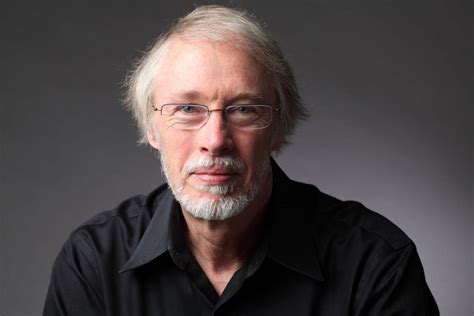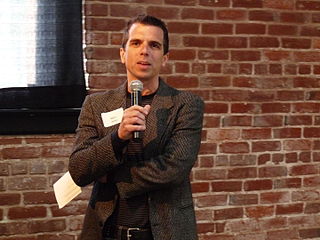A Quote by Alexi Zentner
I get very tired of books that feel emotionally empty. I would much rather have writers err on the side of being overly sentimental than not. I think that the perfect balance is a story that moves you without being maudlin, but I don't enjoy books that are empty of emotion and there's no connection to the characters.
Related Quotes
So I kept reading, just to stay alive. In fact, I'd read two or three books at the same time, so I wouldn't finish one without being in the middle of another -- anything to stop me from falling into the big, gaping void. You see, books fill the empty spaces. If I'm waiting for a bus, or am eating alone, I can always rely on a book to keep me company. Sometimes I think I like them even more than people. People will let you down in life. They'll disappoint you and hurt you and betray you. But not books. They're better than life.
I think, when I'm writing, I have a more clinical view than I do when I'm reading. I like pretending to be God and basically determining the fate of my characters. But as a reader, I'm a sucker. I'm very sentimental. I get upset when people that I like die. And yet I have killed off characters in my books quite heartlessly, and sometimes found that readers were very upset by it.
I want each season to feel new and special. I don't want it to feel, "Oh, more of this." That's something that's easy to do in the first three seasons, and harder to do as you go. I'd rather err on the side of blowing up everything and being like, "Why did you do that? There was more story to tell there," and moving the family to Mexico like on Weeds, instead of people going, "Oh, we've seen this already. We're tired of this."
It has always been my experience that, whatever groupings I choose for my books, the space in which I plan to lodge them necessarily reshapes my choice and, more important, in no time proves too small for them and forces me to change my arrangement. In a library, no empty shelf remains empty for long. Like Nature, libraries abhor a vacuum, and the problem of space is inherent in the very nature of any collection of books.
The world is changing, but I am not changing with it. There is no e-reader or Kindle in my future. My philosophy is simple: Certain things are perfect the way they are. The sky, the Pacific Ocean, procreation and the Goldberg Variations all fit this bill, and so do books. Books are sublimely visceral, emotionally evocative objects that constitute a perfect delivery systemBooks that we can touch; books that we can smell; books that we can depend on. Books that make us believe, for however short a time, that we shall all live happily ever after.
There are some advantages to being a writer: you do generally get better as you get older. I think I understand things better. When I was a kid, I was kind of guessing at the emotion. Now I'm interested in writing more difficult books, books that confront the facts of life, of death and dying and failure - the majority of life. You write outwardly imaginative books when you're younger. When you're older you apply imagination to internal experience.
If you ant to feel deeply, you have to think deeply. Too often we separate the two. We assume that if we want to feel deeply, then we need to sit around and, well, feel. But emotion built on emotion is empty. True emotion- emotion that is reliable and does not lead us astray- is always a response to reality, to truth.






































